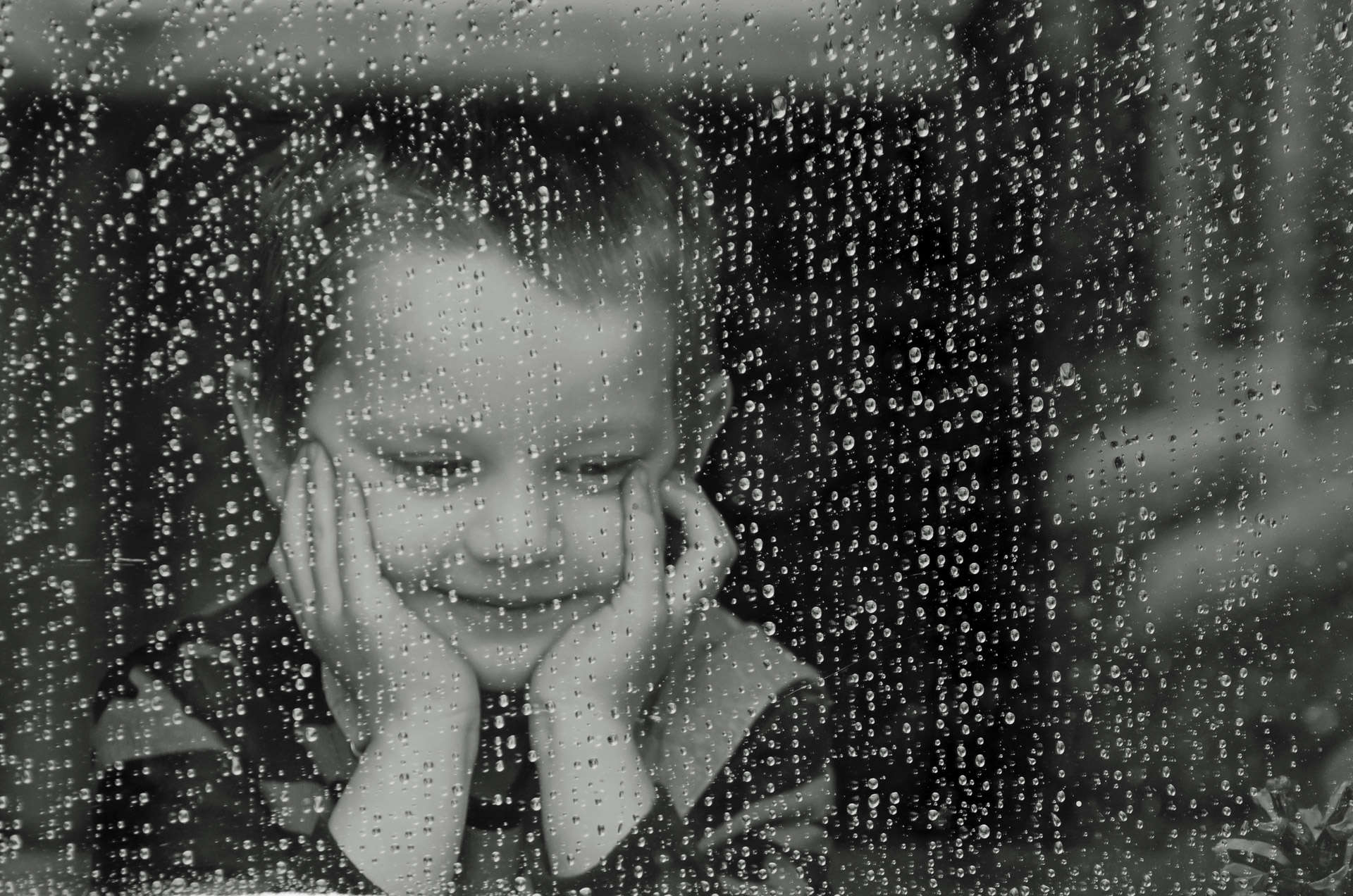With the opiate epidemic running rampant all over America, children are often bear the burden of their parent’s addiction. Yet there are rarely talks in the media about addiction and children other than horror stories. Children of addicts are more likely to be abused or neglected than other children. They’re also the ones often most affected as their parents’ addiction spirals out of control. Some of these children are also highly likely to become drug abusers themselves.
Desperate police districts have posted videos of children crying or sitting silently, unattended as their addicted parents, unconscious, remain passes out at a wheel or in public. It’s nearly impossible to care properly for a child when you can’t take care of yourself. Many addicts learn this the hard way, leaving their children in harm’s way when they’re getting high or participating in drug-seeking behavior. Other parents take what many people view as unthinkable actions, such as the story of a woman that was allegedly caught administering heroin as “sleep juice” to her three toddlers, including a child as young as two years old.
How do children rebound from these situations? How does addiction affect children, and how can we help them? Is addiction really just a horror story for kids of addicts?
Children and Addiction: The News is Not the Whole Story
In the age of social media, drug horror stories go viral easily. While these stories are true, the purpose of these videos is to shock and enrage. Viral videos can make use feel bad for children, and dehumanize the addicts, but they don’t tell the whole story. They don’t offer solutions or a glimpse into life after recovery. Addiction is a family disease, and children must be given a path to recovery as well. Kids don’t hate their parents for having an addiction. They often learn to adapt their lives to the disease, finding their own ways to explain it away or cope.
Kids are also experimenting with drugs or gaining accidental access to poiods and experiencing overdoses in alarming numbers. “During the course of 16 years, hospitalizations attributed to opioid poisonings rose nearly two-fold in the pediatric population,” Julie Gaither and colleagues at the Yale School of Medicine wrote in the Journal of the American Medical Association’s JAMA Pediatrics. Some of these are children as young as age two. Others are preteens who are experimenting with drugs to know what it’s like to get high. The numbers are also growing. “The annual incidence of hospitalizations for opioid poisonings per 100,000 children aged 1 to 19 years rose from 1.40 to 3.71, an increase of 165 percent.”
The opioid epidemic is creating a crisis for children. In Ohio, the Public Children Services Association says that the number of children receiving services in custody has risen 19 percent in the past seven years. At Cincinnati Children’s Hospital, doctors are seeing more and more babies born addicted to heroin. Physically, the children experience difficulties and health problems that some carry with them their whole lives. This doesn’t mean, however, that they cannot live meaningful, fulfilling lives.
What it does mean is that there is a desperate need to help these children and not enough resources, given the current numbers affected by the opioid epidemic.
Kids Need Recovery, Too
The stigma attached to addiction has left many children of addicts without a support system. Many of these kids have experienced trauma that will require counseling and find it difficult to relate to their peers who haven’t had similar experiences. Many are displaced and live with grandparents or other relatives. Some of them end up in foster homes.
In addition to counseling, the children of addicts will need support groups and drug education. Most importantly, kids need to be able to feel safe and be treated as individuals capable of creating their own futures.
To achieve this, many treatment programs have family counseling and recommend support groups such as Al-Anon. Some children of addicts will need therapy on their own. A social worker can help co-ordinate these important support networks and if a parent is in recovery, they can help parents connect with and communicate with children harmed by their addiction.
Kids that don’t have their emotional, physical and mental needs met are at-risk for falling into similar escapes as their parents. They’re at risk for addictions as well. Let’s hope that some of the funds that are allocated state-by-state to help addicts recover don’t leave these important family members out of the equation.
Image Credit: PublicDomainPictures.net



Leave A Comment